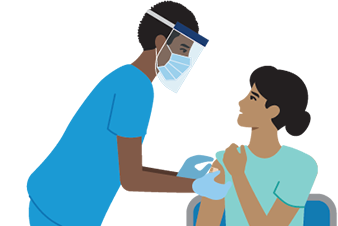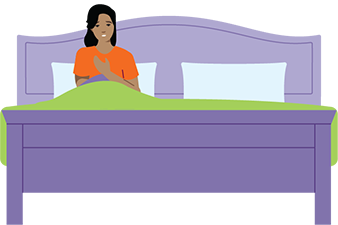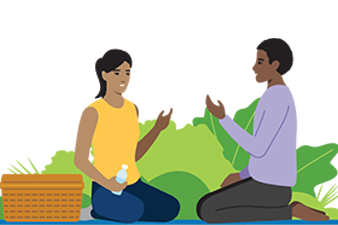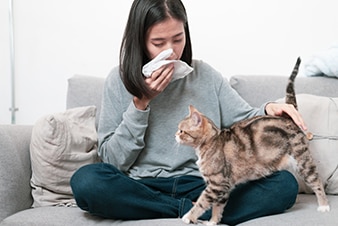Yes, vaccines are safe and effective.
Vaccines won’t cause infections. Some people have minor side effects, like fever, fatigue, and soreness. These are signs that your immune system is learning to fight the virus. Most side effects are mild and only last a few days.
The flu shot and COVID-19 vaccine have prevented many people from getting sick. They each take about 2 weeks to be effective, so it’s important to get vaccinated so you’re fully protected. If you get infected after being vaccinated, your symptoms will likely be milder and you’re much less likely to get severely ill.






